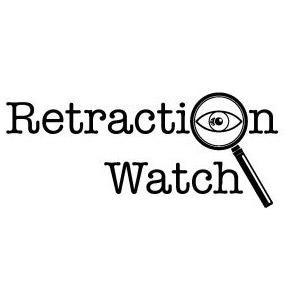A biotech company whose CEO faced allegations of manipulating data in papers used in NIH grant applications will pay a settlement of $4 million to resolve those allegations, the Department of Justice announced January 6.
The settlement is the latest installment in a series of allegations surrounding research by Leen Kawas, the former CEO of the company, Bothell, Wash.-based Athira Pharma. In October 2021, four months after placing cofounder and then-CEO Kawas on leave, an internal investigation found she falsified images in her doctoral dissertation and at least four research papers.
But concerns had been raised about the images as early as 2016, and Athira failed to report them, the DOJ statement noted. Those papers “were referenced in several grant applications submitted to NIH, including in a grant that NIH funded in 2019,” the statement continued.
Continue reading Biotech company agrees to pay $4 million to settle data falsification allegations






